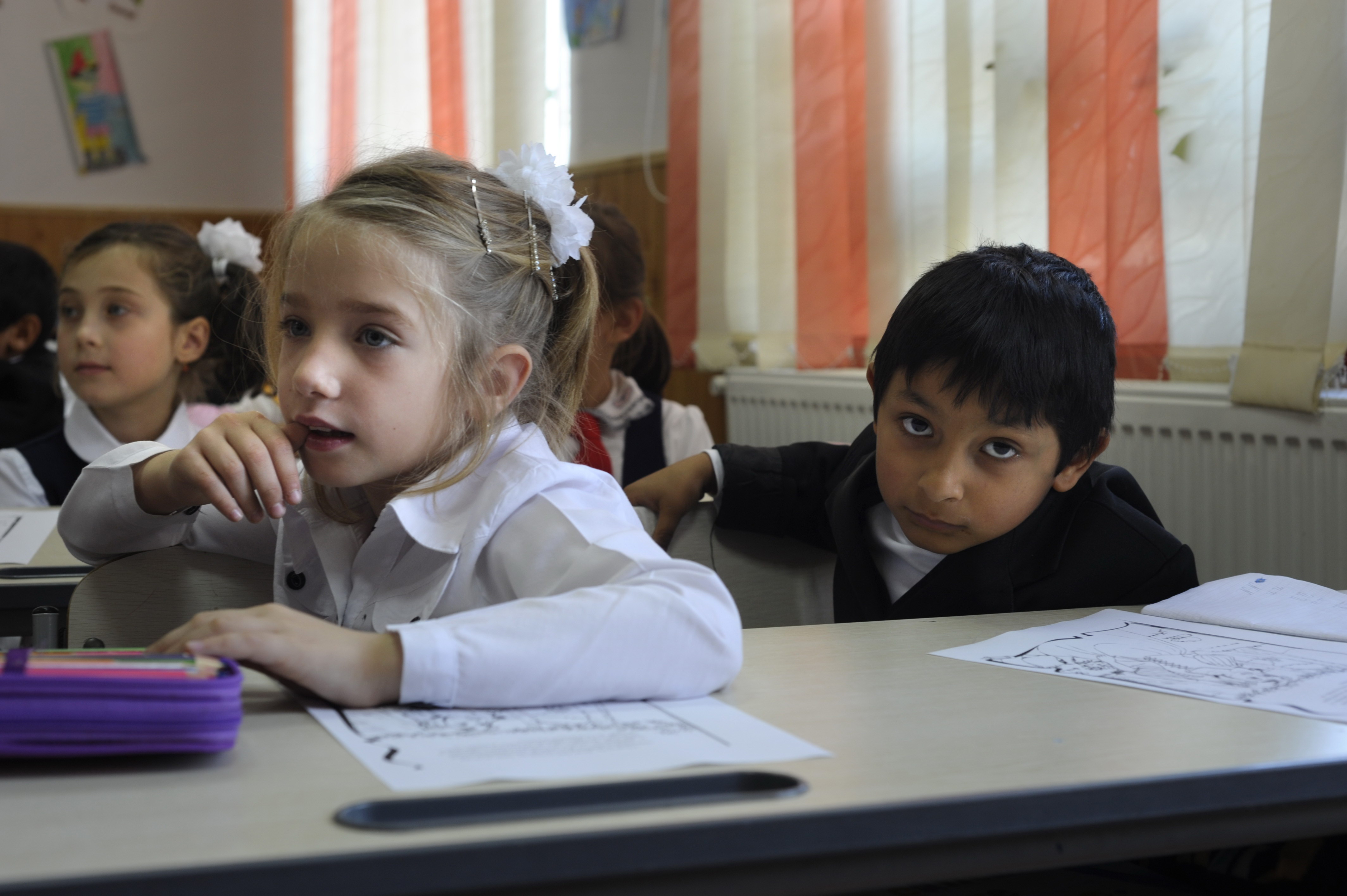A persisting concern: anti-Gypsyism as a barrier to Roma inclusion
Published:
The EU Fundamental Rights Agency organised a public hearing on early school leaving among Roma students on 4th June in Brussels. ETUCE contributed to the discussion and emphasised the need to combat anti-Gypsysism in the political discourse from a trade union perspective and to ensure high quality education for Roma children. It also suggested adopting measures to accommodate Roma students’ diversity and set challenging expectations based on the principle that quality education should fit the learner rather than requiring them to fit into an existing system. These views were drawn from a report released on May 2018 on A persisting concern: anti-Gypsyism as a barrier to Roma inclusion.
In relation to the above research report, ETUCE highlights the following important issues:
- EU Member States should prioritise measures to combat anti-Gypsyism in education by eliminating any form of school or class segregation of Roma;
- EU Member States should ensure that Roma children receive high-quality teaching, including through the use of ICT and new technologies so as to avoid ‘digital discrimination’;
- EU Member States should ensure adequate teacher training to improve the quality of education provided to all children through, for example, project- and problem-based learning, community service learning, as well as by providing life-long learning opportunities;
- EU Member States should consider taking measures explicitly targeting Roma students at every educational stage, with a focus on early-childhood education;
- EU Member States should integrate modules on Roma history and culture in teaching programmes in mainstream secondary education;
- EU Member States’ educational authorities should monitor the enrolment, attendance and educational outcomes of Roma students at all educational levels. Schools should be attractive to non-Roma parents and combat ethnic discrimination and related segregation.
With the view to promote Roma educational inclusion, ETUCE has conducted an EU project on “Developing non-discriminatory quality education for Roma children”, were the above concerns were addressed.